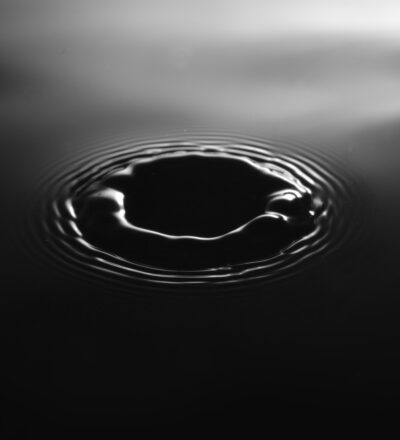Process water streams containing solvents and other organic components need energy-intensive treatments before they can be re-used or discharged. Membrane technology can be a promising, sustainable treatment method for these streams. However, the presence of solvents in the water streams lowers membrane performance hindering their implementation in industry. To overcome this issue, new solvent tolerant polymer-grafted ceramic nanofiltration membranes were synthesised and tested in the STNF project.
The STNF project developed promosing membranes for these challenging industrial water/solvent separations, indicating that the STNF membranes can be a real alternative to classical energy-intensive water treatment technologies. The collaborating parties in this project were: KU Leuven, University of Twente, SolSep, Dow, TNO, Shell, VITO and Huntsman.
STNF focused on the creation of a new membrane synthesis method by applying epoxy-curing chemistry to a membrane context. Through this method, membranes could be prepared with properties ranging from ultrafiltration (UF) to nanofiltration (NF) by changing the phase inversion parameters and optimizing the reaction conditions. Membranes with molecular weight cut-off (MWCO) < 400 g/mol-1 were obtained with excellent solvent and pH stability.
Download your free copy
Our publications are free to access. Simply provide your first name and email address to download.
